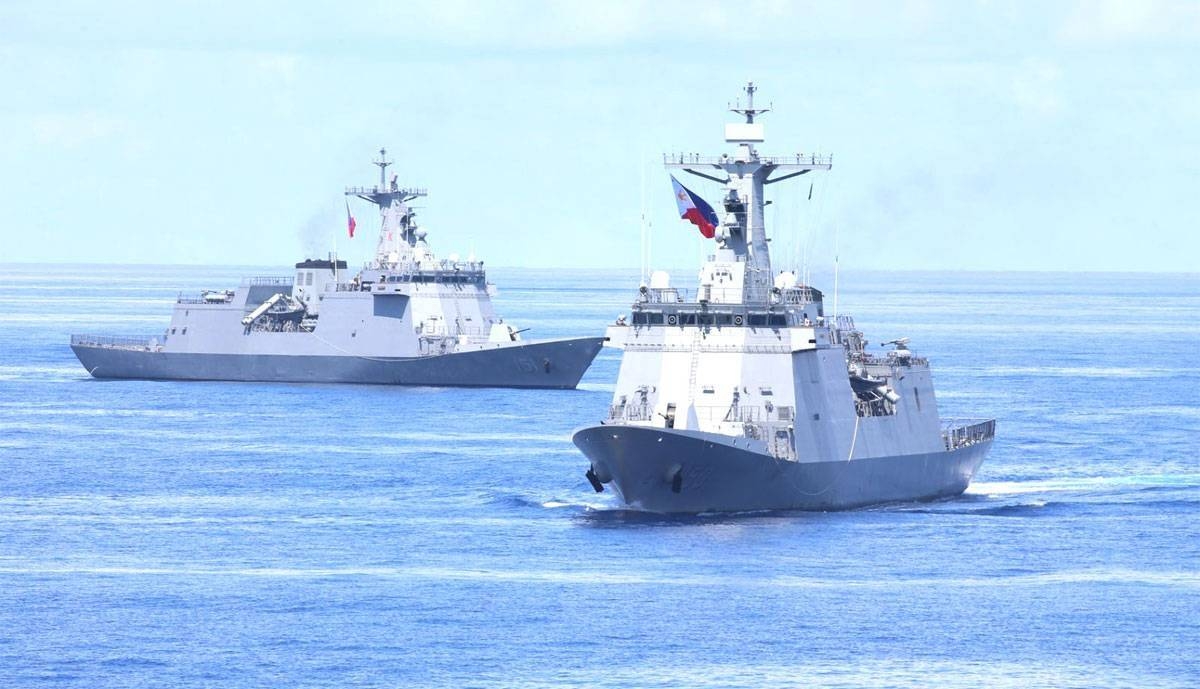The Philippines is facing the pressing need to enhance its maritime and air capabilities in order to protect its territory from potential foreign invasion. Renato de Castro, a professor at De La Salle University, has emphasized the importance of this matter, particularly in light of China’s provocative actions in the Philippines’ waters. He suggests that the Marcos administration should prioritize addressing external threats and focus on developing comprehensive power throughout the entirety of the country’s territory, including the West Philippine Sea and the South China Sea.
De Castro acknowledges that building up these capabilities will require a significant investment of resources, as the country essentially needs to start from scratch. However, he emphasizes that this is a crucial step in addressing the quintessential security threat posed by China’s encroachment. Jay Batongbacal, the director of the University of the Philippines Institute for Maritime Affairs and Law of the Sea, agrees with De Castro and emphasizes the need for an unconventional approach to defending the Philippines’ territory.
Batongbacal highlights the challenge faced by the Marcos Jr. administration, as China actively takes control of Philippine waters and maritime resources. To counter this, he suggests the implementation of comprehensive strategies, including unilateral exploration of the country’s resources and the development of the Armed Forces of the Philippines’ tri-service, which comprises the Army, Air Force, and Navy units.
De Castro further proposes amending the AFP Modernization Law to allow the military to acquire warships from local manufacturers. Given China’s status as the country with the largest navy in the world, this move would help bolster the Philippines’ naval capabilities. He emphasizes the need to improve the country’s port facilities and shipbuilding industry, as a strong shipbuilding sector is essential for the development of a credible navy.
Both De Castro and Batongbacal commend the current administration’s response to China’s actions, noting the efforts to increase the Philippines’ presence in its maritime territory. The government’s commitment to addressing external threats is seen as a significant shift from previous administrations, which primarily focused on internal security operations.
Batongbacal emphasizes the necessity of taking these external defense challenges seriously. He warns that if China’s encroachment is not halted, there is a risk that it will extend into the Philippines’ inter-island and water resources. The violation of international law by China and its attempts to force submission are clear indications that the Philippines needs to assert its rights and entitlements in accordance with international law.
In response to these challenges, Defense Secretary Gilberto Teodoro Jr. announced the adoption of the new Comprehensive Archipelagic Defense Concept by the AFP. This concept allows the Philippines to project its military power into areas that need protection and preservation, as mandated by the country’s Constitution.
As Chinese President Xi Jinping calls for coordination of military strategy at sea and preparation for potential maritime conflicts, it becomes even more imperative for the Philippines to strengthen its maritime and air capabilities. By investing in these areas, the Philippines can effectively defend its territory and assert its rights in accordance with international law.
In conclusion, the Philippines must prioritize the development of its maritime and air capabilities to safeguard its territory from external threats. Strengthening these capabilities will require significant investment, but it is a necessary step in addressing the security challenges posed by China’s actions. By adopting comprehensive strategies, exploring the country’s resources, and enhancing the Armed Forces of the Philippines, the country can effectively counter these threats and assert its rights in accordance with international law.







